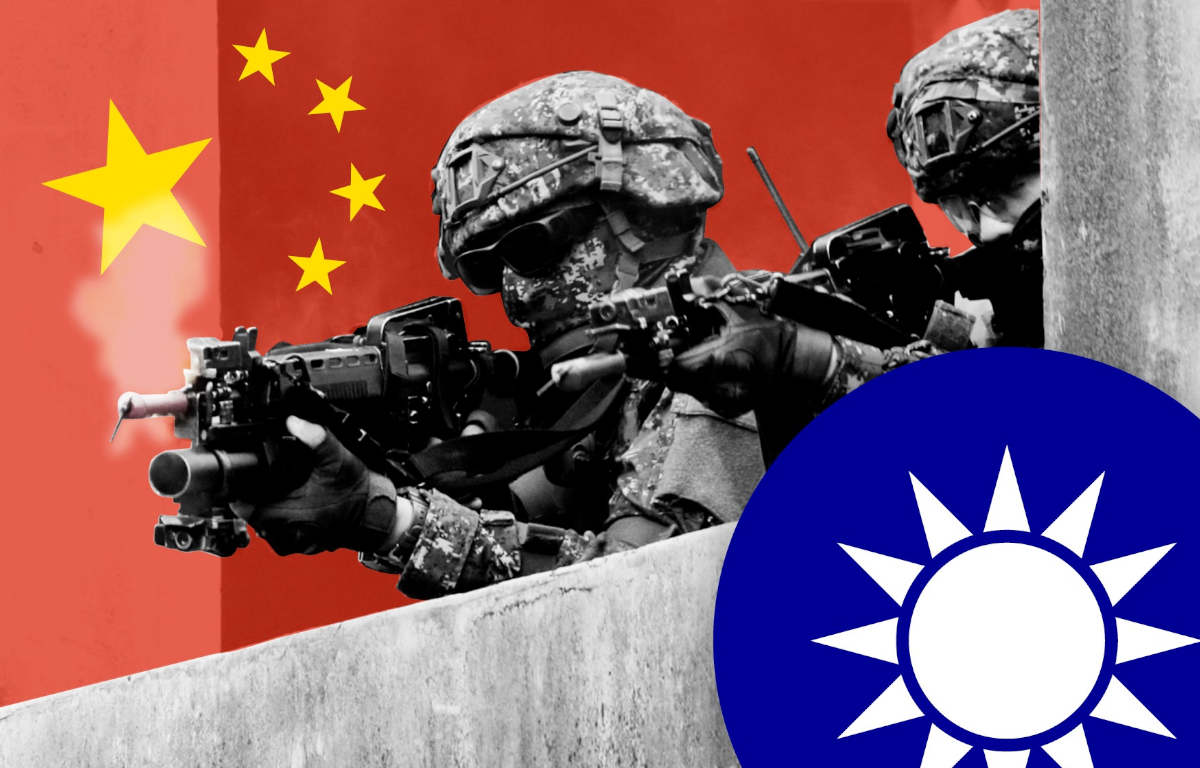
China’s recently released Afghan Position Paper offers insights into its approach towards the ongoing conflict in Afghanistan. The position paper reveals a certain reluctance on China’s part to heavily invest in political solutions, despite recognizing the importance of stability and peace in the region. This article delves into the key points of China’s Afghan Position Paper, explores the underlying reasons for its cautious approach, and discusses the implications for the Afghan peace process.
China prioritizes stability in Afghanistan due to its direct impact on regional security and China’s own interests. The country is particularly concerned about the potential spillover of extremism and terrorism into its Xinjiang region. Consequently, China’s primary focus lies in maintaining stability, rather than actively engaging in the intricate political aspects of the Afghan conflict.
Adhering to its principle of non-interference in international relations, China respects Afghanistan’s sovereignty and the Afghan people’s right to determine their own future. While supporting an Afghan-led and Afghan-owned peace process, China is hesitant to directly involve itself in political negotiations and decision-making.
Economic cooperation and development are emphasized in China’s position paper. China views economic progress as vital for achieving long-term stability in Afghanistan. The country envisions promoting infrastructure projects, investment opportunities, and regional connectivity through initiatives such as the China-Pakistan Economic Corridor (CPEC) and the Belt and Road Initiative (BRI). This indicates China’s preference for tangible contributions that can have a lasting impact.
China’s position paper reflects its concerns regarding the security situation in Afghanistan and the potential consequences for regional stability. The country seeks assurances that the Afghan conflict will not spill over into neighboring nations, disrupt regional trade and economic cooperation, or pose threats to its own national security. These security considerations influence China’s cautious approach and its reluctance to heavily invest in political solutions.
In terms of the Afghan peace process, China’s position paper suggests that it is more inclined towards a supportive role rather than assuming a leading role. While acknowledging the importance of political dialogue and negotiations, China’s primary focus remains on stability, economic development, and security. This approach may have implications for the dynamics of the peace process and the involvement of external actors in finding a lasting political solution.
Understanding China’s position and its implications is crucial for shaping a comprehensive and inclusive peace process that addresses the diverse interests and concerns of all stakeholders involved in Afghanistan’s future.










Share this: